Keywords: Pat Power
There are more than 200 results, only the first 200 are displayed here.
-
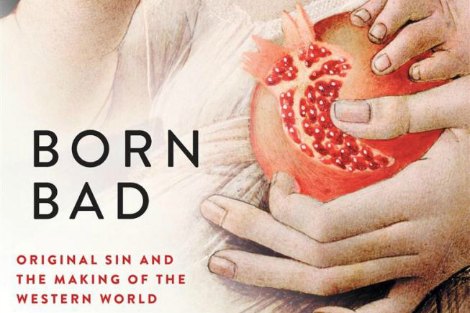
INTERNATIONAL
- Andrew Hamilton
- 04 September 2014
13 Comments
James Boyce claims that contemporary attitudes to politics, human origins, economics and human psychology can be understood only if we recognise the hidden presuppositions imported from the theology of original sin. Theories on human nature such as those proposed by Adam Smith, Sigmund Freud, Richard Dawkins and the US Founding Fathers, tried to emancipate people from religious ideas, but often unwittingly enshrined them.
READ MORE 
-

AUSTRALIA
- Frank Brennan
- 23 July 2014
1 Comment
'Undoubtedly there are many challenges confronting our elected leaders in dealing with violent crime and with pathological sex offenders. But long-term sustainable solutions must be based on respect for judicial independence and for the role of the legal profession.' Frank Brennan addresses the Queensland Council for Civil Liberties at The Irish Club, 175 Elizabeth St, Brisbane 8 July 2014.
READ MORE
-
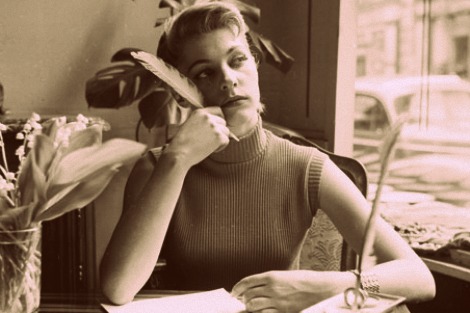
EDUCATION
- Ellena Savage
- 11 July 2014
3 Comments
Women's lit needs a course of its own'. How original to segment women's work into a category of its own so that it has no bearing on the mainstream! Men's work is universal, and women's work is specific to women. Sixty-five years later, and Simone de Beauvoir still nails it. So should we feminise the mainstream? Or continue to participate at the margins, and hope that the old guard takes notice?
READ MORE 
-

AUSTRALIA
- Andrew Hamilton
- 19 June 2014
28 Comments
Many Australians, myself included, believed that the Federal Budget was unfair. So Treasurer Joe Hockey's recent speech in defence of its fairness offers a welcome challenge. Hockey is right to insist that fairness can co-exist with gradations of wealth within society. But fairness is incompatible with gross disparity of wealth because the concentration of wealth in the hands of few people and corporations destroys equality of opportunity.
READ MORE 
-

RELIGION
- Frank Brennan
- 27 May 2014
3 Comments
'Some of us would question Benedict's assertion that the Church "must not take upon herself the political battle to bring about the most just society possible. She cannot ... replace the State." But we would all agree that the Church "cannot and must not remain on the sidelines".' Frank Brennan's presentation at the Jesuit Social Services Symposium on 'The role of faith based community organisations in contributing to a civil society'.
READ MORE
-

AUSTRALIA
- Moira Rayner
- 22 April 2014
15 Comments
Occupants of public office are expected to act in accordance with their oaths. An anti-corruption commissioner, for example, should be someone whose own conduct is not just seen to be, but is demonstrably, judicious, ethical and proper. Even a minor failure in that was the reason that, several years ago, I resigned as an acting corruption and crime commissioner in another state. In my case, it didn't end there. But in O'Farrell's it should.
READ MORE 
-
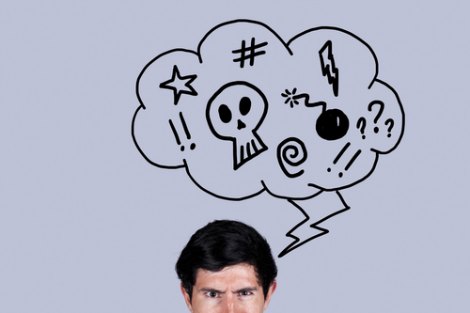
AUSTRALIA
The Howard Government's radical-right tendencies emerged gradually. By contrast, the Abbott Government has already sent multiple signals that it is intent to radically remake the political fabric. While the restoration of knighthoods to the national honours system is merely a wacky emanation of the prime ministerial psyche, the proposed amendments to the Racial Discrimination Act are corroding basic principles of constitutional democracy.
READ MORE 
-
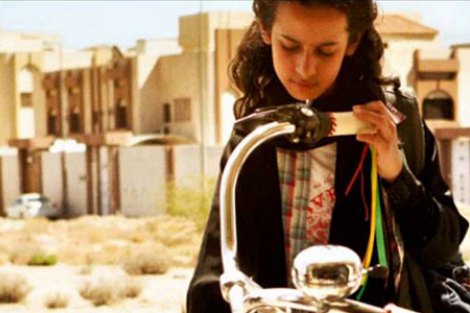
ARTS AND CULTURE
- Tim Kroenert
- 27 March 2014
Wadjda is innately political. It is the first feature shot entirely in Saudi Arabia and the first to be made by a female Saudi director, and concerns itself with the pressures women experience in this rigidly patriarchal society. But it is primarily a film not about politics but about humanity. Its characters find self-empowerment and connection not in rabble-rousing but in small acts of rebellion against oppressive social norms.
READ MORE 
-
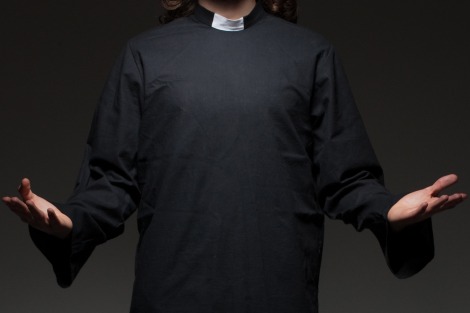
RELIGION
- Pat Power
- 14 February 2014
49 Comments
Most priests believe the Royal Commission was very much needed to face up to a terrible episode in the Church's history. They also believe that sexual abuse took place in an environment of clericalism which was imposed by the highest authority in the Church, and which they felt powerless to confront. 'Father is always right' operated from the Pope down and any questioning of it was seen as disloyal or even heretical.
READ MORE 
-
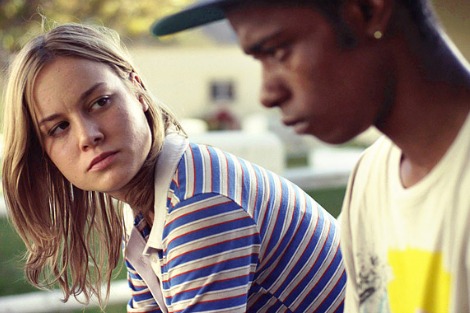
ARTS AND CULTURE
- Tim Kroenert
- 19 December 2013
Grace is both a character and a state of being. As the lead supervisor of a foster care facility, she oversees her charges with a combination of firmness and friendship. She strictly enforces rules and protocols while remaining unerringly empathetic, easily glimpsing the pain and trauma that lies just beneath the hostile or eccentric facade. But her power of empathy has its roots in past experience that threaten to smother her present.
READ MORE
-
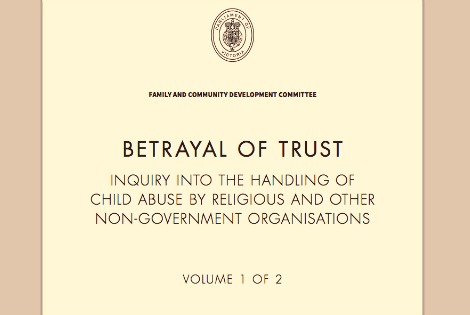
AUSTRALIA
- Ray Cassin
- 14 November 2013
10 Comments
If the Catholic Church is mentioned frequently in the report of the Victorian parliamentary inquiry into the sexual abuse of children, Catholics and their leaders can hardly complain. Among the churches scrutinised by the committee, only the Salvation Army has an even remotely comparable record of abuse. The Napthine Government should implement the inquiry's recommendations — with one exception.
READ MORE 
-

ECONOMICS
- David James
- 05 November 2013
2 Comments
Australia is very much the 'Noah's Ark' economy: two of everything. Consider the spate of industry sectors in which only two companies dominate: airlines (Virgin and Qantas); paper and packaging (Visy and Amcor); print media (News Corporation and Fairfax). The Federal Government's announcement that it will be launching a 'root and branch' review of Australia's competition law will, at the very least, make for a fascinating spectacle.
READ MORE 